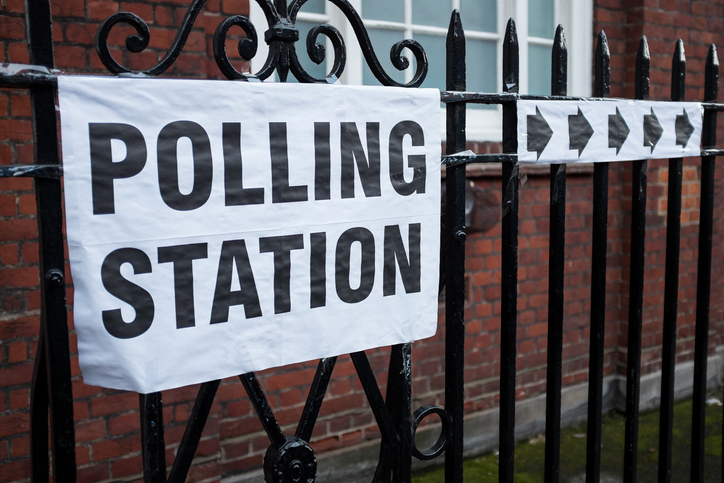Changing prices in a changing climate: electoral competition and fossil fuel taxation

External Links
When do governments adopt ambitious climate policy? Charting the theoretical territory between climate change politics and long-term policymaking, this paper highlights the role of electoral competition in shaping how politicians respond to the intertemporal tradeoff of one important climate change mitigation policy: fossil fuel taxation. The more secure the government is in office, the more insulated it is from the vagaries of political competition, and the more likely it is to impose costs on constituents today to generate a future stable climate. By influencing governments’ time preferences, competition structures the myopia of elected officials. I test the arguments using an original dataset of gasoline taxation across high-income democracies between 1988 and 2013. I find evidence that higher levels of electoral competition are associated with lower gasoline tax rates, and that the relationship is moderated by the level of costs imposed on voters, but not government partisanship. More generally, the analysis highlights when governments can increase consumer prices to address long-term challenges.
Finnegan, J. J. (2022). Changing Prices in a Changing Climate: Electoral Competition and Fossil Fuel Taxation. Comparative Political Studies, 0(0). https://doi.org/10.1177/00104140221141853

